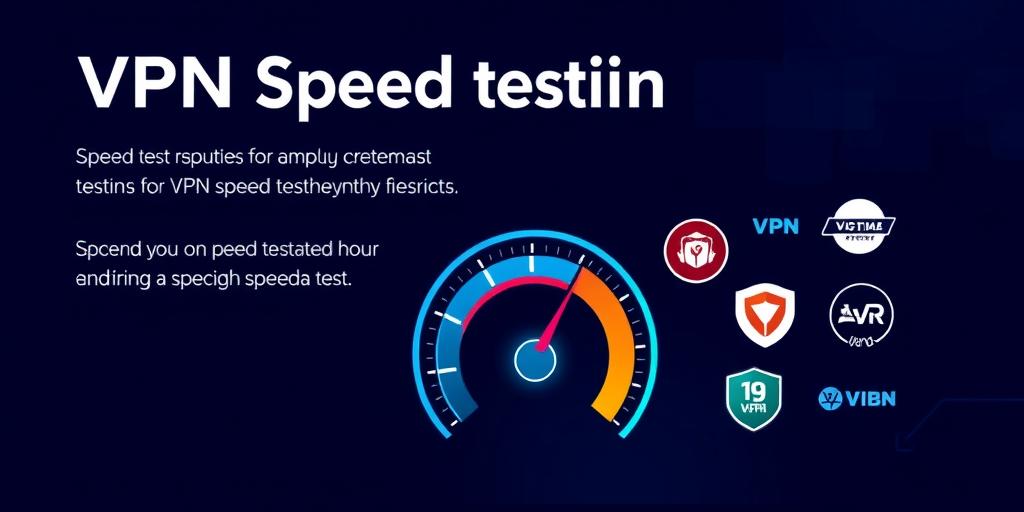Speed Test Gauntlet: We Pushed 10 Top VPNs to Their Limits
In today's digital landscape, a Virtual Private Network (VPN) is essential for online privacy and security. However, a common concern among users is the potential impact on internet speed. To address this, we conducted a comprehensive speed test, pitting ten of the top VPNs against each other to see how they perform under pressure.
Our Testing Methodology
We employed a rigorous testing methodology to ensure fair and accurate results:
- Baseline Speed: We started by measuring our internet connection's baseline speed without a VPN.
- Server Locations: We tested VPN server locations in North America, Europe, and Asia.
- Metrics: We recorded download speed, upload speed, and latency (ping) for each VPN and location.
- Multiple Tests: Each test was repeated multiple times to calculate an average.
- Consistent Environment: Tests were conducted on the same hardware and network to minimize variability.
The Contenders
We selected ten popular VPNs known for their performance and reliability:
- ExpressVPN
- NordVPN
- Surfshark
- CyberGhost
- Private Internet Access (PIA)
- IPVanish
- Hotspot Shield
- ProtonVPN
- TunnelBear
- Mullvad
Key Findings
Our speed tests revealed significant differences in performance among the VPNs:
- ExpressVPN and NordVPN: Consistently delivered the best speeds across various server locations, with minimal impact on download and upload speeds.
- Surfshark and CyberGhost: Offered a good balance of speed and affordability, with slightly more noticeable speed reductions compared to the top performers.
- PIA and IPVanish: Provided decent speeds, but latency (ping) was higher in some locations.
- Hotspot Shield: Showed inconsistent performance, with speeds varying significantly depending on the server location.
- ProtonVPN and TunnelBear: Focused more on security and privacy, resulting in somewhat slower speeds.
- Mullvad: Prioritized privacy above all else, leading to the most significant speed reduction among the VPNs tested.
Factors Affecting VPN Speed
Several factors can influence VPN speed:
- Server Distance: The farther the server location, the slower the speed.
- Server Load: Overcrowded servers can lead to slower speeds.
- Encryption Protocol: Some protocols (e.g., OpenVPN) offer stronger security but may impact speed more than others (e.g., WireGuard).
- VPN App Configuration: Certain settings within the VPN app can affect performance.
- Internet Connection: The underlying speed of your internet connection is a limiting factor.
Recommendations
Based on our speed test results, we recommend the following:
- For Speed-Sensitive Applications (e.g., Streaming, Gaming): ExpressVPN and NordVPN are excellent choices.
- For a Balance of Speed and Security: Surfshark and CyberGhost offer good value.
- For Maximum Privacy: Mullvad is a strong option, but be prepared for slower speeds.
Conclusion
Choosing the right VPN involves balancing speed, security, and price. Our speed test gauntlet provides valuable insights to help you make an informed decision based on your specific needs and priorities. Remember to consider the factors that affect VPN speed and adjust your settings accordingly to optimize performance.









